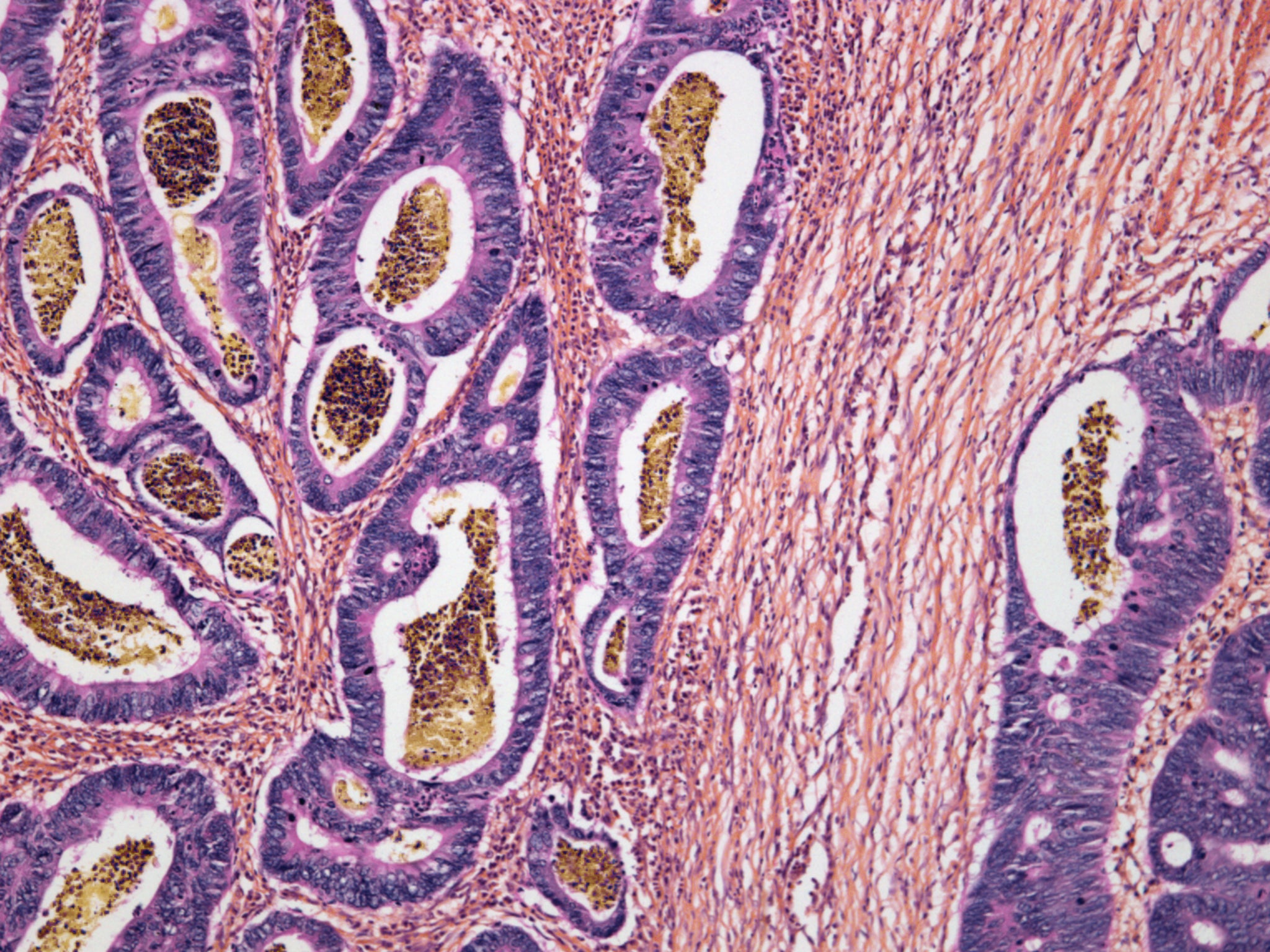Bowel cancer rates for men rise by 29%
Increase may be linked to obesity and diets high in red and processed meat

Bowel cancer rates among men have soared by more than a quarter in the last 35 years, new figures have shown.
In contrast, women have experienced a rise of only 6 per cent, according to the report from Cancer Research UK.
Increasing rates of bowel cancer may be linked to obesity and diets high in red and processed meat and low in fibre.
Another key factor is the increasing age of the population. But why there should be such a stark difference between men and women is still unknown.
Bowel cancer is the second most common cause of cancer death in the UK after lung cancer.
Incidence of the disease has climbed from 45 cases per 100,000 men in 1975-77 to 58 cases in 2008-10, a rise of 29 per cent, said the report.
Over the same time period, rates for women have increased only slightly from 35 to 37 per 100,000.
The biggest rise has been seen among people aged in their 60s and 70s, who now account for 23,000 new cases each year.
However, bowel cancer survival is improving, with half of all patients living for at least 10 years after being diagnosed.
The figures are released to mark bowel cancer awareness month and the launch of a new campaign by the Bobby Moore Fund.
Professor Matthew Seymour, from the University of Leeds, who is director of the National Cancer Research Network, said: "We know the risk of bowel cancer increases as we get older and, since we're all living longer, it's no surprise to see that the number of people getting the disease is rising.
"But when we look at these figures and take people's age into account, we still see that the risk of bowel cancer has gone up in men in the last 35 years. It's important to find out what's behind the rise and what we can do about it.
"The good news is that, thanks to research, we have seen huge improvements in bowel cancer survival over the last 40 years. It's this research that's led to better drugs to treat the disease, improved surgical techniques, the use of more radiotherapy and the introduction of bowel screening to spot the disease earlier, when it is most effectively treated."
Stephanie Moore founded the Bobby Moore Fund in partnership with Cancer Research UK after her football star husband died of bowel cancer in 1993.
To date, the fund has raised around £20 million for research and awareness projects.
Mrs Moore said: "It's good to see that despite the rise in incidence, bowel cancer survival is improving. However, it's vital we continue to fund research to fight this disease as these new statistics show.
"Bowel cancer is the second most common cause of cancer death in the UK, after lung cancer. Finding a way to beat bowel cancer has been my goal for the past two decades and my hope is that by increasing awareness and helping to fund Cancer Research UK's vital research, many more lives can be saved from this terrible disease in the future."
The new "Make Bobby Proud" campaign will encourage people to spread the word about the disease and raise funds.
It is especially aimed at the football community, as men are more likely to suffer from bowel cancer.
Dr Julie Sharp, senior science information manager at Cancer Research UK, said: "Bowel cancer survival rates have doubled over the last 40 years and our work is at the heart of this progress.
"Our researchers have played a starring role in finding new ways to diagnose and treat bowel cancer - detecting the disease early is helping to save thousands of lives. And many of the risk factors for bowel cancer are well understood: diet, weight, physical activity, alcohol consumption, and smoking."
She added that the NHS national bowel screening programme had played an important role by picking up cancers early, when treatment is more likely to succeed.
PA
Independent partners: Health insurance premiums from 70p a day. Get a quote or call 01202 544 095
Join our commenting forum
Join thought-provoking conversations, follow other Independent readers and see their replies
Comments